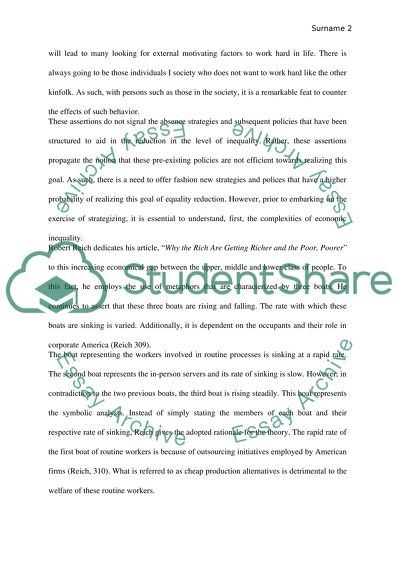Cite this document
(“Why the Rich Are Getting Richer and the Poor, Poorer Essay”, n.d.)
Retrieved de https://studentshare.org/english/1477274-why-the-rich-are-getting-richer-and-the-poor
Retrieved de https://studentshare.org/english/1477274-why-the-rich-are-getting-richer-and-the-poor
(Why the Rich Are Getting Richer and the Poor, Poorer Essay)
https://studentshare.org/english/1477274-why-the-rich-are-getting-richer-and-the-poor.
https://studentshare.org/english/1477274-why-the-rich-are-getting-richer-and-the-poor.
“Why the Rich Are Getting Richer and the Poor, Poorer Essay”, n.d. https://studentshare.org/english/1477274-why-the-rich-are-getting-richer-and-the-poor.


